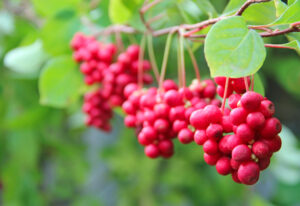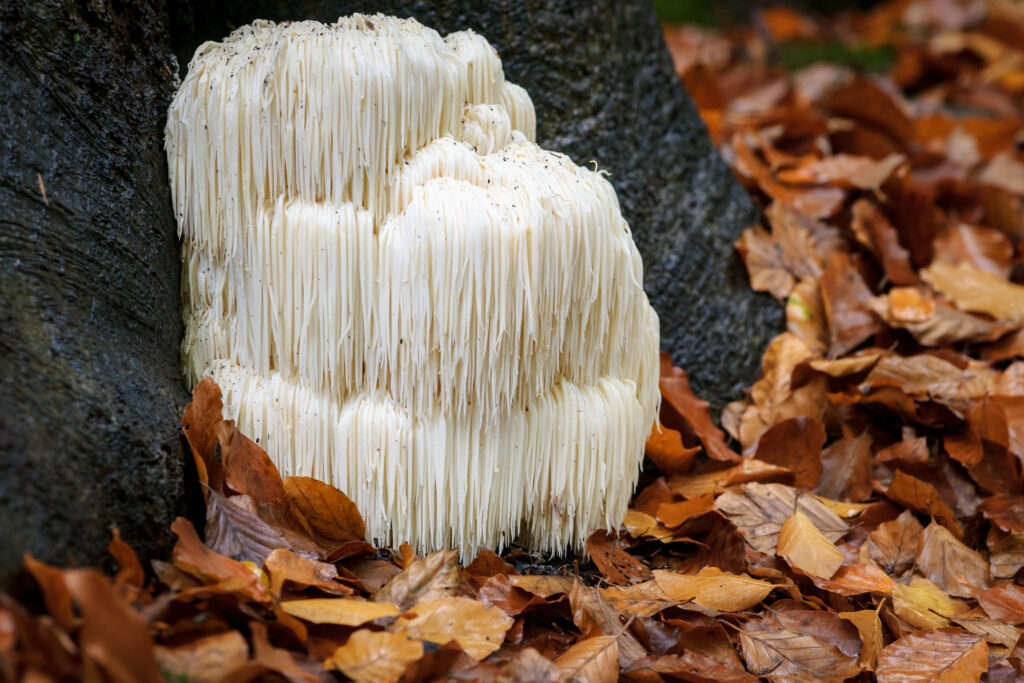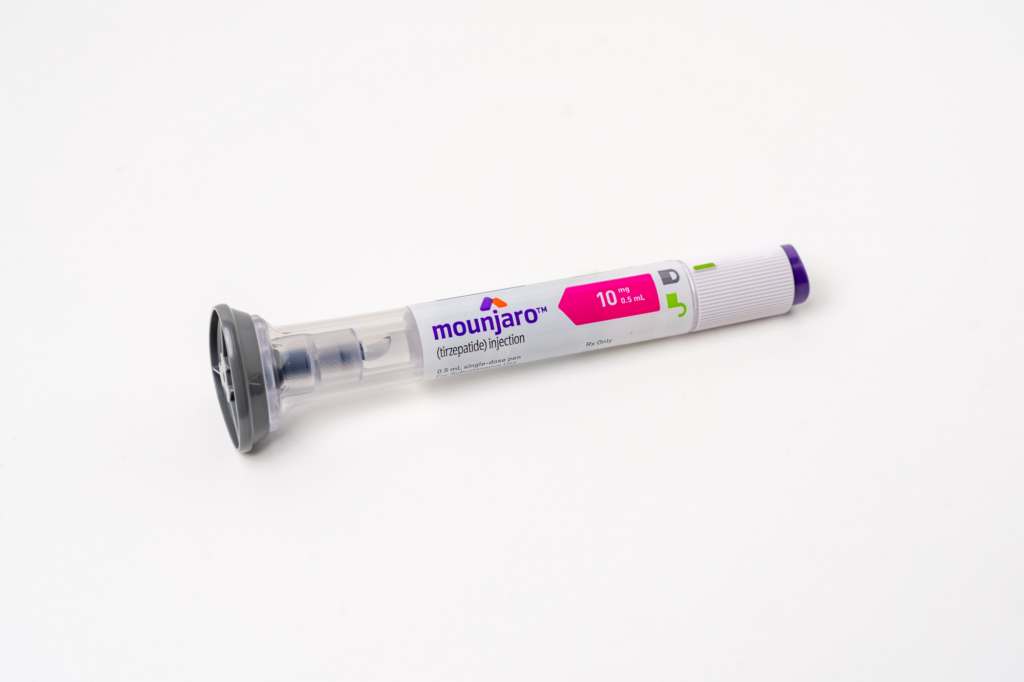Resistance exercise training enhances muscle strength and causes muscle hypertrophy. However, a few negative results of resistance exercise 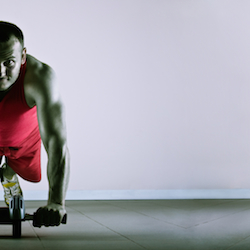
In addition, the natural killer T-cells count (NK), an index of innate immunity, has been shown to decrease below the resting value after submaximal resistance exercise in both resistance-trained and non-resistance-trained men. On the other hand, it has been reported that a 12-week progressive resistance training regimen in men does not affect immune functions, such as peripheral blood mononuclear cell subpopulations and lymphocyte proliferation and that 6 months of resistance exercise training in women does not affect resting immune parameters, such as the concentration of NK cells and lymphocyte proliferation. Based on these reports, it has been hypothesized that resistance training impairs the immune system rather than enhancing its functions.
This study investigated whether supplementation of cystine and theanine would be useful for athletes to restore the attenuation of NKCA during high-intensity and high frequency training.
Supplementation and Natural Killer T-Cell Attenuation
Nutritional supplementation with amino acids has been shown to affect immune variables. In particular, glutamate and cysteine are thought to be good candidates for immune system support. They are involved in the formation of glutathione (GSH), which is a tripeptide of cysteine, glutamate, and glycine and exhibits antioxidative activity. Administration of glutamate and cystine (a dipeptide of cysteine) enhances GSH concentration in immune cells in vitro and that of theanine, a precursor of glutamate, and cystine enhances GSH concentration in the liver in vivo.
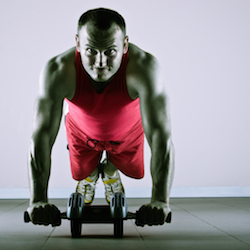
Moreover, it has been shown that a high extracellular concentration of glutamate competes with cystine uptake by immune cells in a dose-dependent manner. However, intracellular GSH synthesis increases when glutamate and cystine are coadministered compared with cystine administration alone. Based on these results, this study hypothesized that cystine and theanine (CT) supplementation increases GSH levels leading to increased NKCA and restores attenuation of the immune response in humans undergoing a high-intensity resistance exercise program.
Therefore, the purpose of this study was to investigate the impact of exercise intensity and CT supplementation on immune parameters in well-trained men.
Method and Results
Fifteen well-trained men (mean age: 22.8 6 4.0 years) participated in this study and were divided into 2 groups: placebo (n = 7; age: 23.0 6 5.5 years; height: 174.2 6 7.7 cm; body weight: 75.1 6 15.6 kg; and resistance training period: 5.0 6 5.7 years) and CT (n = 8; age: 22.6 6 2.5 years; height: 173.4 6 4.1 cm; body weight: 74.0 6 6.8 kg; and resistance training period: 4.6 6 3.8 years). All subjects underwent continuous resistance exercise training for at least 6 months before they participated in this investigation. A 1-week questionnaire on daily food consumption was obtained from the subjects before experimentation, and no significant nutritional differences were observed between the 2 groups.
Cysteine and glutamate are involved in the formation of glutathione, which modulates the activity of natural killer (NK) cells. In this double-blinded clinical trial, 15 well-trained men (aged 22.8 6 4.0 years) were divided into 2 groups: placebo (n = 7) and CT (n = 8). The placebo group was administered a powder containing cellulose (950 mg) and glutamate (30 mg), whereas the CT group was administered a powder containing cystine (700 mg) and theanine (280 mg), once daily for 2 weeks. The subjects trained according to their normal schedule (3 times per week) in the first week and trained at double the frequency (6 times per week) in the second week.
Concentrations of immunoglobulin (Ig)M, interleukin (IL)-6, IL-8, and salivary IgA and the leukocyte count did not change significantly in either group. There was a significant decrease (p # 0.05) in the NK cell activity (NKCA) in the placebo group after the second week compared with that in the CT group (placebo: 69.2 6 16.1% vs. CT: 101.7 6 38.7%). Phytohemagglutinin-induced lymphocyte blastoid transformation did not change significantly in either group. These results suggest that NKCA is not affected in a normal training schedule with or without CT supplementation. However, high-intensity and high frequency resistance exercises cause attenuation of NKCA, which CT supplementation appears to restore. Therefore, in practical application, CT supplementation would be useful for athletes to restore the attenuation of NKCA during high-intensity and high frequency training.
Click Here for Full Text Study



